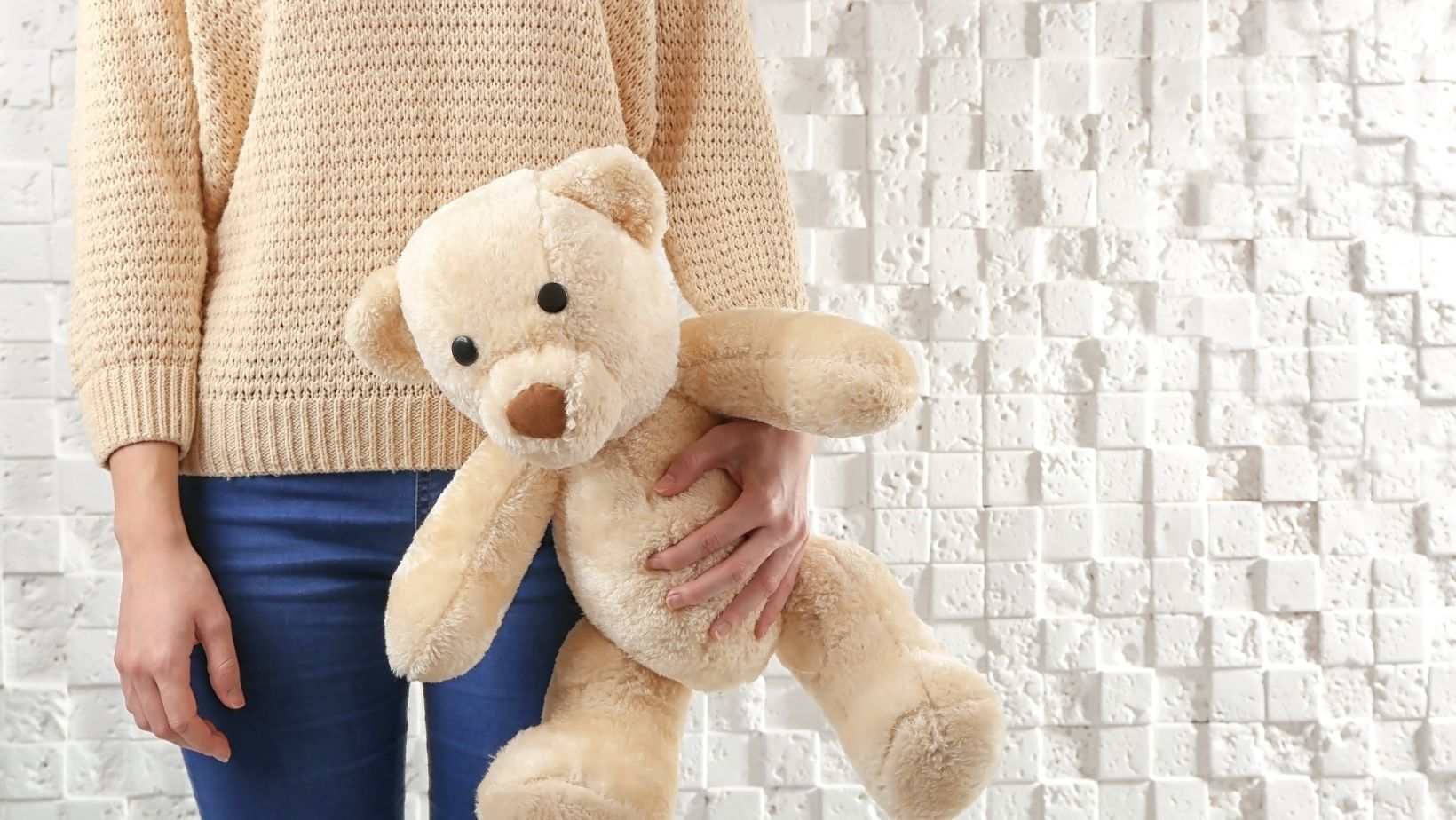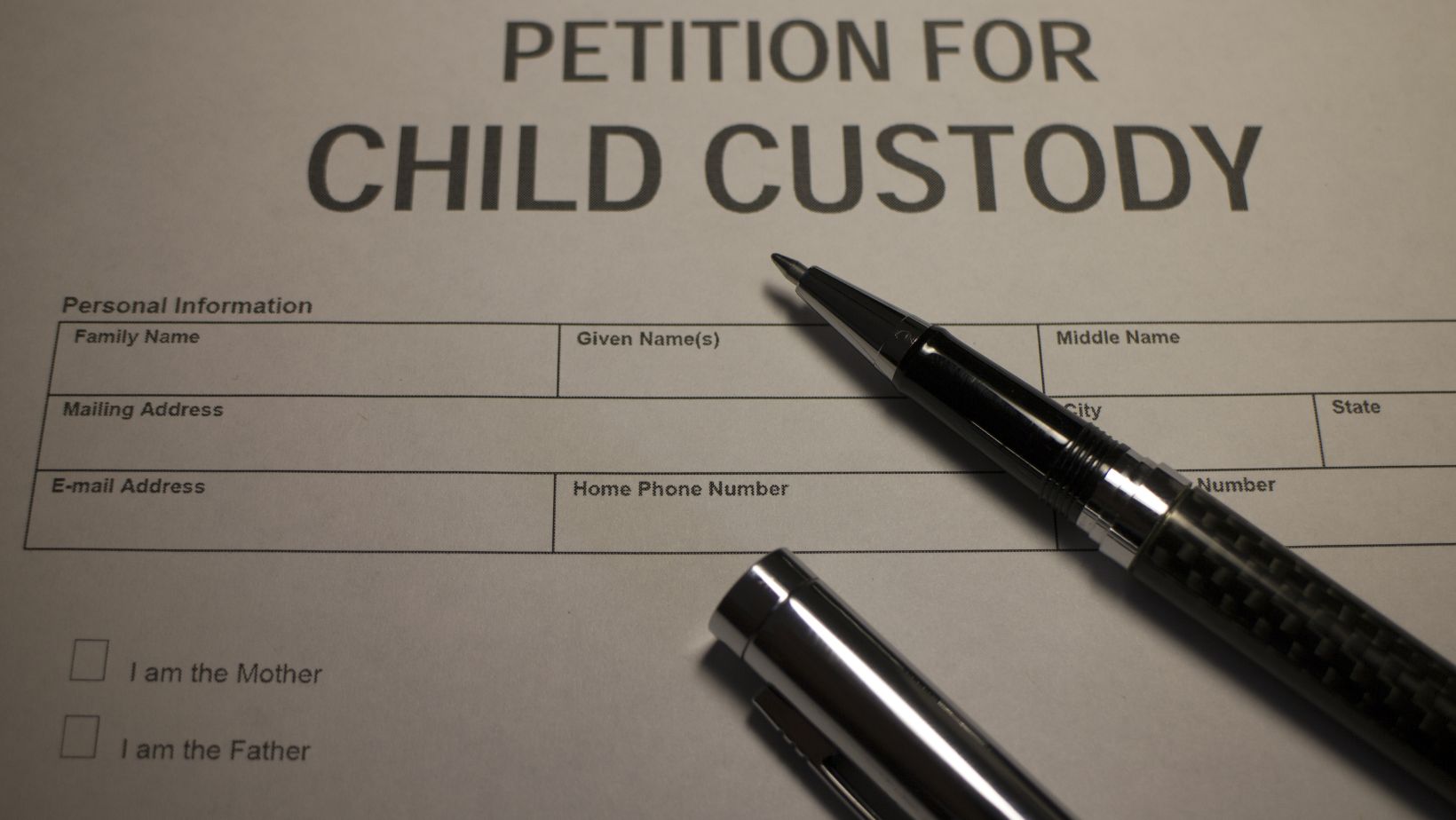After going through a divorce, if you have children with your former spouse, you’ll probably need to give them extra support for a while. A custody battle will be hard on you, but it can be devastating for children.
While you’re dealing with wanting to spend more time with your child, they’re going through so much more. Your child will be dealing with having their safe, comfortable life uprooted, and being forced to live in two separate homes, bouncing back and forth for years, feeling lost and confused about why it happened. Losing their foundation of safety and security will be incredibly difficult to deal with, and they will need your support.
1. Never Assume Your Child Is Emotionally Okay
Never assume that your kids are okay just because they aren’t expressing sadness regarding the changes in their lives. Although some kids don’t appear to be suffering, they are almost always holding it in and not expressing their pain. Many studies have found that divorce is devastating for kids, even when the parents stay in touch and are nice to each other. Although it’s stressful when parents don’t get along, the devastation comes from the child’s foundation being destroyed.
The sooner you acknowledge that your child is probably suffering, the better. Don’t let them suppress their emotions because they’ll end up having to deal with the trauma later on in life, and that can negatively impact all of their relationships.
2. Delegate Legal Matters To Your Attorney
One of the best things you can do for your child is get an attorney and have them handle your legal needs. This will free up your emotional energy, keep you calm, and give you more confidence in where things are going. All of this will give you more time and energy to support your child.

If you try to handle legal matters yourself, you’ll probably be too emotionally charged to make good decisions, and you might end up being reactionary in the courtroom. If you say or do the wrong thing, it might make the judge rule against you, especially if you’re the father. Unfortunately, some courts tend to favor mothers in custody battles since they are seen as primary caregivers, even when the father is the better parent. It shouldn’t be that way, but sometimes fathers are held to much higher standards in custody battles.
3. Get Your Child Into Counseling
No matter how well your child appears to be adjusting to their new life, get them into counseling as soon as possible. They will need more support than you think. Some kids won’t talk to their parents at all and will appreciate having the chance to open up to another adult they can trust.
Counseling can help your child understand what’s going on from a perspective that makes sense to them, and a good counselor will teach your child how to cope with intense emotions and learn to identify how they feel. Oftentimes, kids feel bad, but don’t know how to put it into words. Counselors are good at helping kids understand their own emotions while providing a safe space for them to express themselves.
4. Fight Custody Arrangements That May Harm Your Child
Unfortunately, courts tend to weigh physical evidence above testimonies and histories, which is detrimental when your former spouse has a history of being abusive in non-physical ways. If you got a divorce to get away from abuse, but your child is being forced to spend time with the abusive parent, fight it with the help of an attorney.

It may not make a difference right away, but there are things you can do as your child gets older. For example, at a certain age, your child can tell the judge who they want to live with, and that may be the only way you can get them away from the abuse.
5. Listen
Listening is the most important thing you can do to support your child while you go through a custody battle. They’re going to be feeling a wide range of emotions and have plenty of concerns. Try not to brush aside their concerns by telling them everything will be okay. That’s not necessarily true, and their concerns deserve your attention.
There are many ways you can support your child during a custody battle after a divorce, but make sure you create a safe space first. Your child will be more likely to respond positively to your efforts when they feel safe and loved.





















